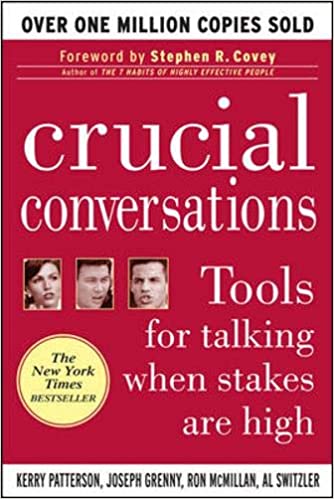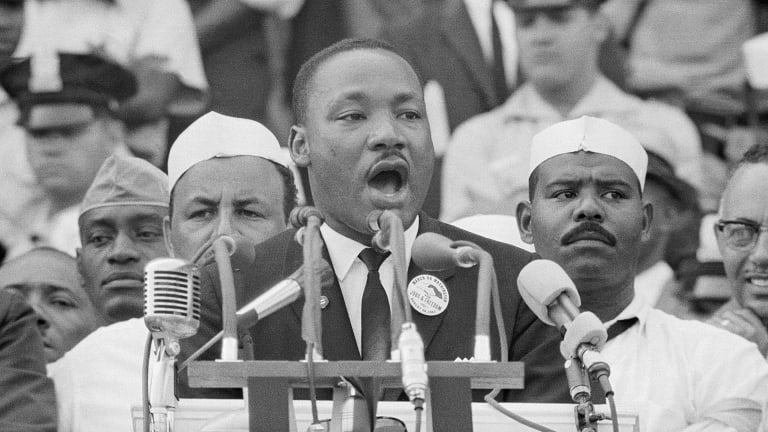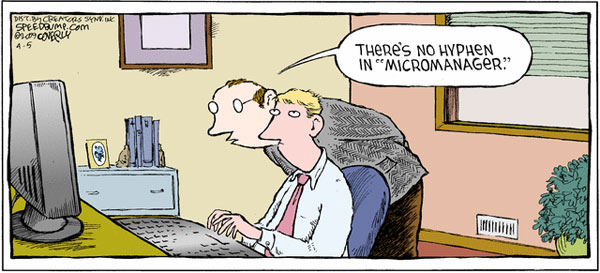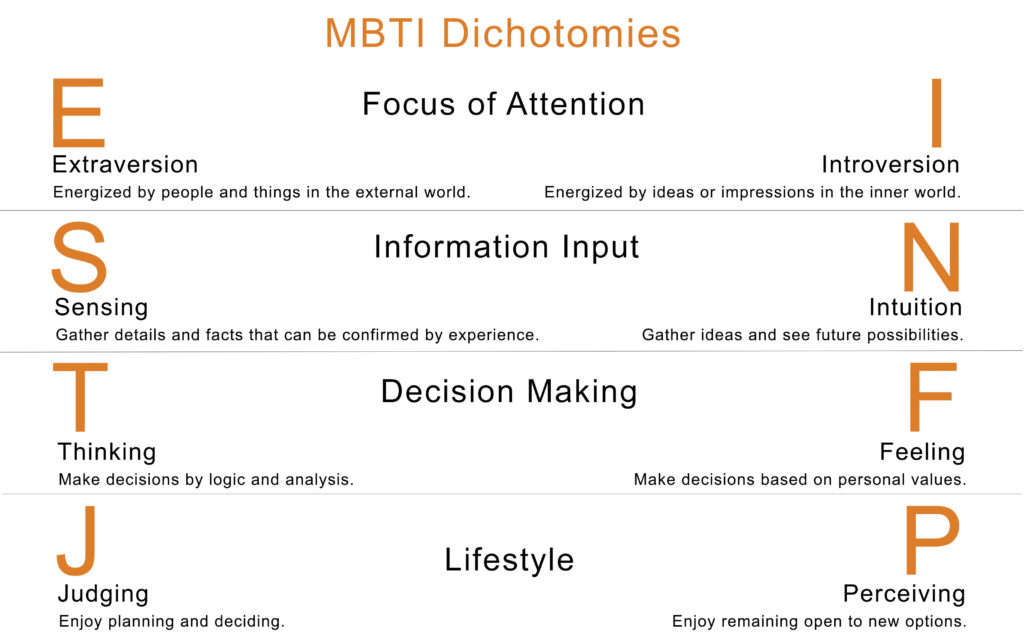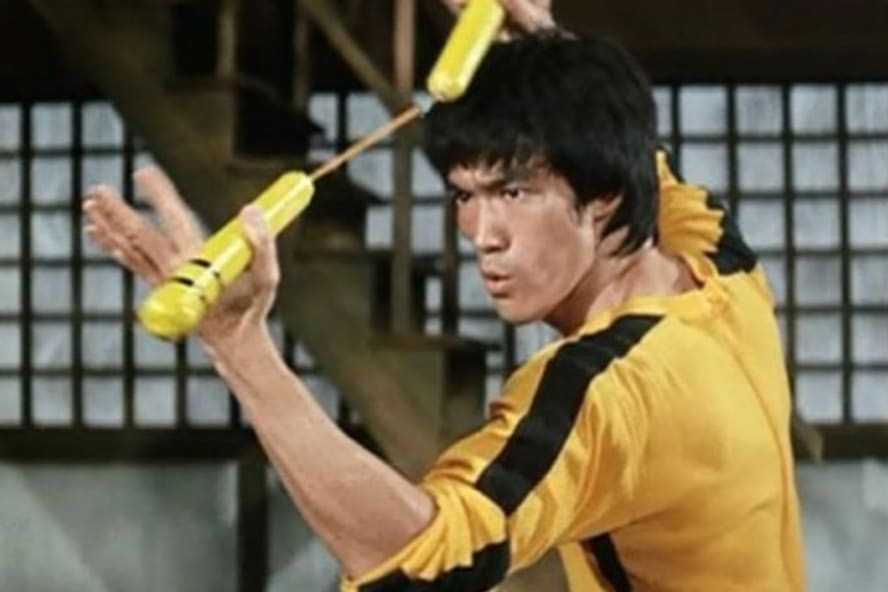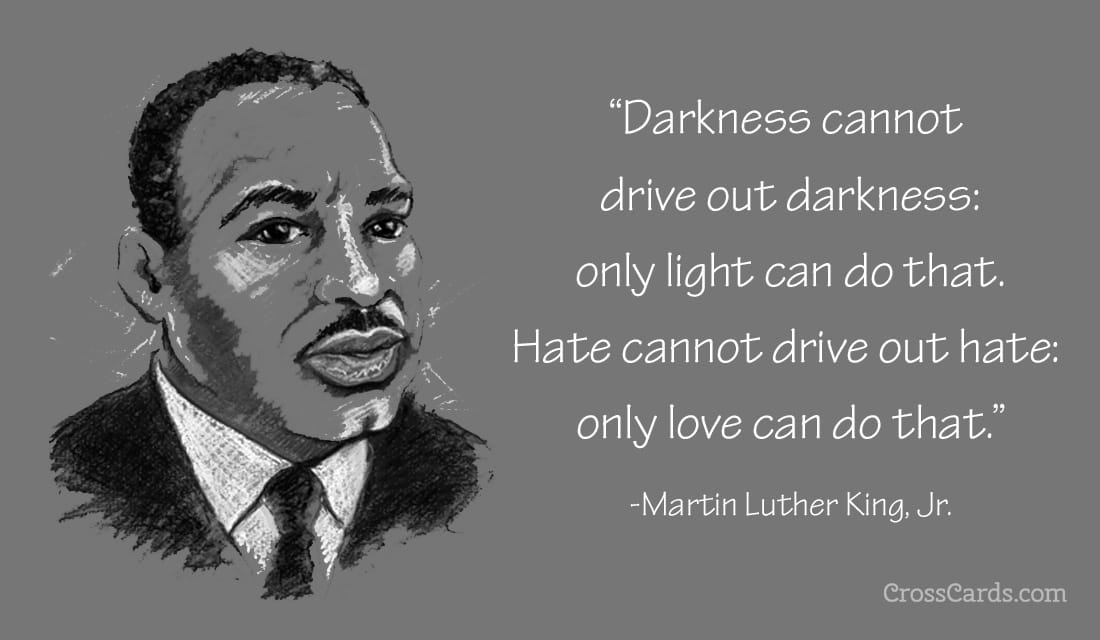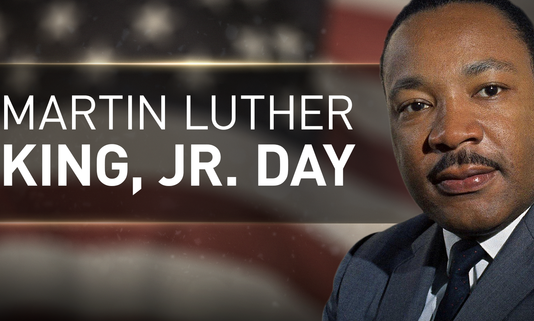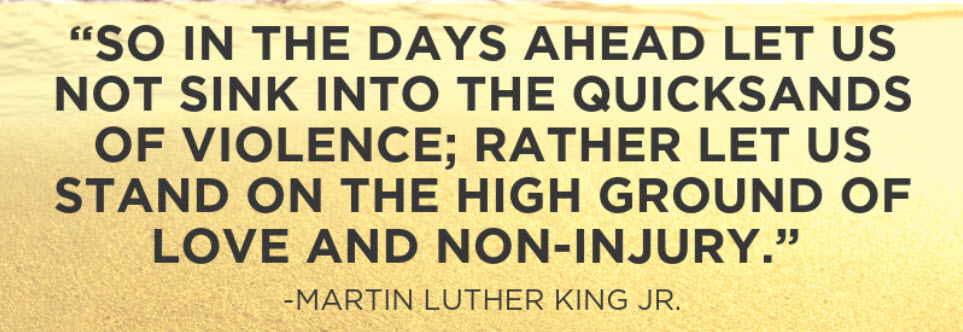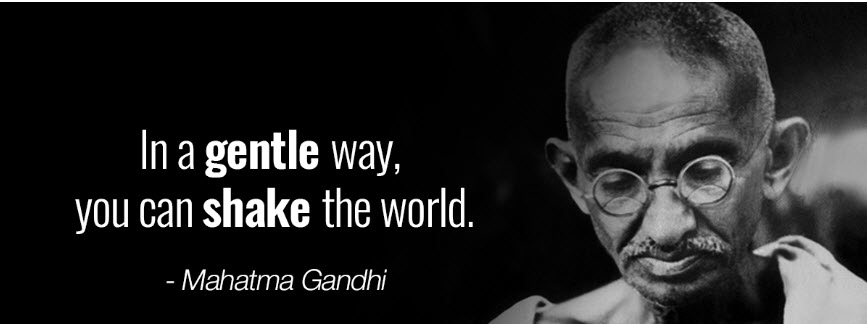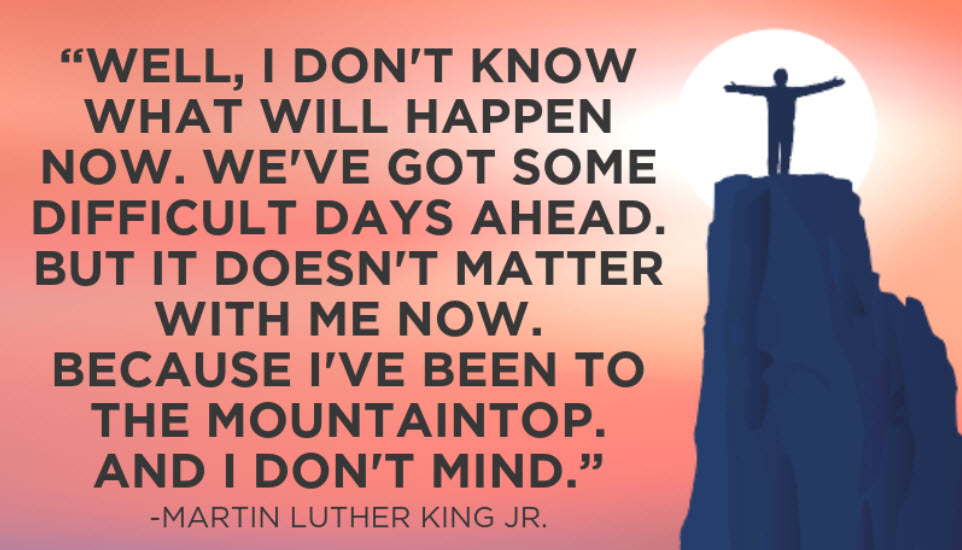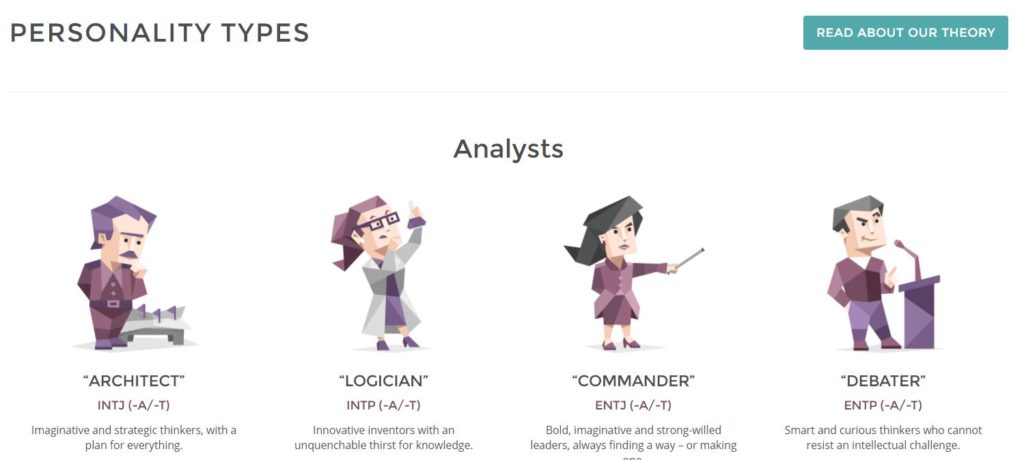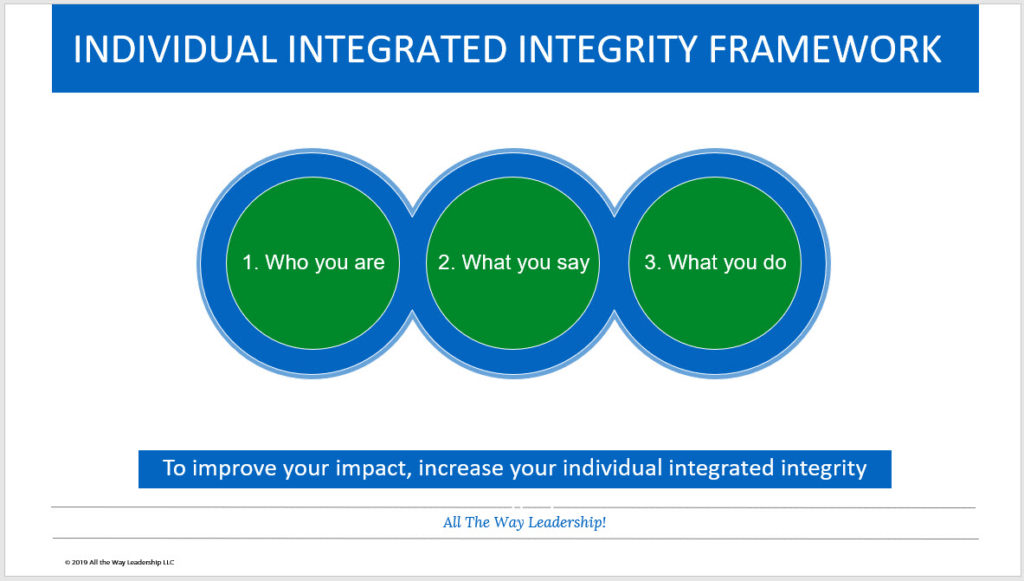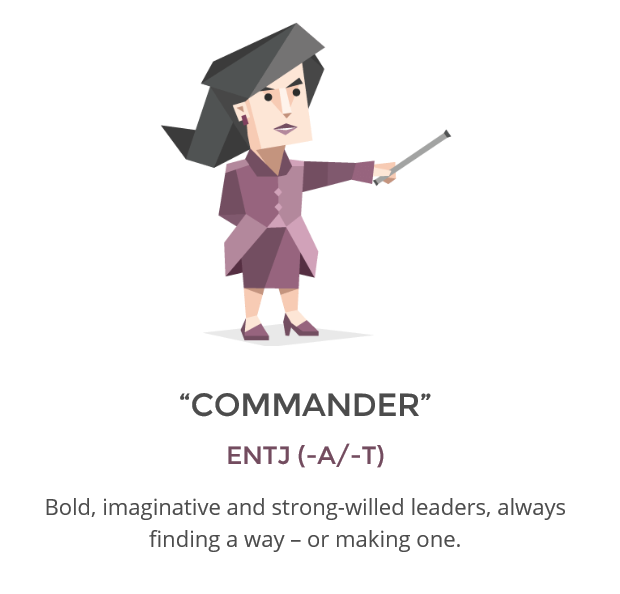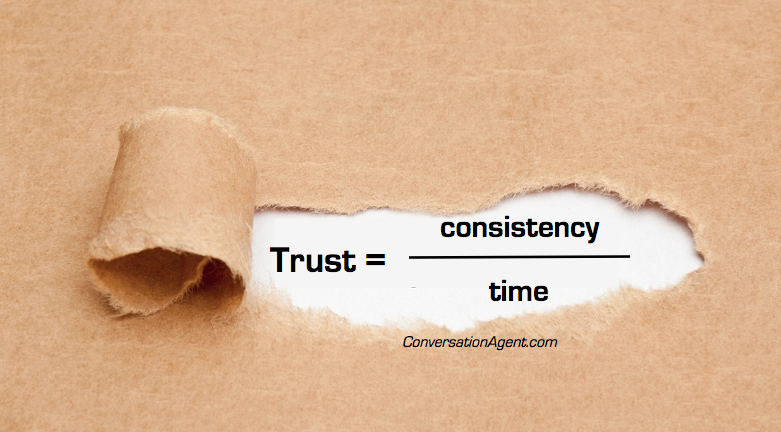I logged into my laptop to check email. I noticed a recall message in my inbox. What did I do next? I read the note it referenced, of course. Everyone does. The only reason someone sends a recall message is that the email contains something that others should not see. I scrolled down until I found the faux pas. Wow – it was a doozy. Flaming your boss in an email is never a good idea. I predicted the sender would lose his job over this misstep. I was right. He was gone by the end of the week. He made a stupid mistake and paid the price. That leader did not understand how to communicate more clearly with his stakeholders, especially in email.

Tactical tips to communicate more clearly
All The Way Leadership! believes that clearly communicating is what strong leaders do. It is important that leaders ask whether they can clearly communicate with their stakeholders. In the last blog, I described powerful questions to better communicate with stakeholders. In this post, I am going to share some tactical tips (TTs) for ways to communicate more clearly with your stakeholders. Practical advice for new leaders.

TT#1 – Use a consistent pattern with your team to communicate more clearly
People like patterns. They help minimize the amount of thinking required to complete tasks. The first tactical tip for communicating more clearly is to use consistent patterns as much as possible. What does that mean? Make sure your meetings follow clear agendas. If you have any recurring meetings – follow the same flow for each one. For example, I led a proposal team a few years ago. Every morning I hosted a call with the team. We followed the same agenda and flow every single day. It helped keep all of us focused, and created efficient communication flows. We live in the age of distraction. It is hard enough already to pay attention in meetings or on a long conference call. Consistent patterns help your stakeholders know what to expect and minimize the brainpower they need to use for meaningful engagement.

TT#2 – Give your audience clear guidance about providing feedback
You need to know what your stakeholders think and how they feel. It is critical that you get inputs from others in order to build consensus and move your team forward. Make sure you give your stakeholders clear guidance about how they can provide feedback. Pause during meetings to see if anyone has a question. If you sense your team does not understand something seek feedback. Call on team members by name if no one speaks up. They will respond. The bigger your audience the harder it is to gather feedback. If you do not want questions until the end, let your audience know. Make sure you save time for Q&A if you use that technique. I am not suggesting that there is one method that is the best for getting inputs. Rather, I am recommending that you think about how to ask for stakeholder feedback so that you get it.

TT#3 – To communicate more clearly less is usually better in emails
In the office, email is a necessary evil. I do not know any leader who truly enjoys spending hours writing and responding to email messages. But, it is still in wide use these days. I do not think it is going away anytime soon. Email can be an effective way to communicate with stakeholders. It can also result in big miscommunications. My main recommendation is to keep it short. Less is usually better. No one wants to read a really long email from their leader. No – they are going to scan it, at best. Spend some time writing a clear title to the message, and put the most important content in the beginning. BLUF – bottom line upfront. Many of your stakeholders will likely read your email on their phone which makes it even more important to keep it brief. Long messages are hard to read on a mobile device. Don’t be the kind of leader who confuses your stakeholders by droning on and on in an email. Get to the point if you want a response.

Warning – Emails get legs and can spread like wildfire
One final warning about email. Be careful what you say in email messages. Remember – you have almost no control over an email after hitting the send button. Don’t flame your boss, say bad things about others, or share a strongly worded dissenting opinion. Pick up the phone instead. Like the story I started this blog with – don’t be surprised if any controversial email you send gets legs and spreads like wildfire. I have seen this happen more times than I care to remember. And for heaven’s sake – don’t hit the recall button after you realize you made an error in judgment. Everyone is going to read the note if you use recall. I guarantee it. Instead, hope for the best, brace for impact and work on your resume.

ATW! is designed to make you a better leader
I hope you join me on this journey to raise up the next generation of leaders. The world is in desperate need of more great leaders. Women and men who lead with confidence, clarity, and creativity. It’s time to become the leader that your world needs. Let’s go All The Way!




